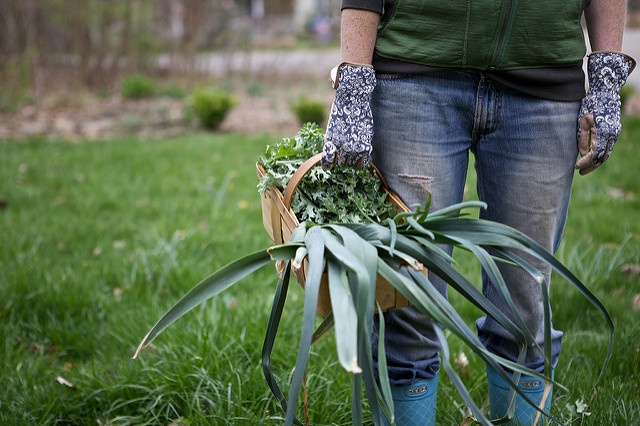
To help convey what differentiates the MSc Co-operatives, Agri-Food and Sustainable Development from similar programmes, Dr Olive McCarthy has created this handy five-point guide.
Our MSc Co-operatives, Agri-Food and Sustainable Development is a unique one-year Masters programme aimed at preparing graduates to work in organisations that deal with current and future socio-economic and environmental challenges.
Drawing on the strengths of previous programmes in the co-operative space and responding to the needs of industry, we developed the MSc Co-operatives, Agri-Food and Sustainable Development to be a streamlined skills based programme which has been designed with students in mind.
To help convey what differentiates the MSc Co-operatives, Agri-Food and Sustainable Development from previous programmes in the same field, Dr Olive McCarthy has created this handy five-point guide.
- Accelerate your career in just one year
Unlike the MSc Co-operative Organisation, Food Marketing and Rural Development, our new MSc Co-operatives, Agri-Food and Sustainable Development is a one-year programme aimed at graduates from a wide range of disciplines who wish to pursue positions in the food sector.
- Interesting content and current debates
To reflect aspects of today’s shared and collaborative economy, we overhauled our course content, placing an emphasis on current and future socio-economic and environmental challenges including climate change, collaborative economies, and sustainable rural communities.
- More than just food: sustainable agriculture is key
After consulting with industry, alumni and current undergraduate students, we took the decision to switch the emphasis of the programme away from food and toward sustainable agriculture.
At its core, the MSc Co-operatives, Agri-Food and Sustainable Development” is a practical programme that pays particular attention to transferable skills, with modules on Project Management, Professional Development and Research Skills.
Consequently, our graduates are immediately ready to work in a wide range of areas such as agri-food businesses, local government, NGOs, consultancy, research and policy analysis, social enterprise and local development agencies. - Enhanced Placement Opportunities
Working closely with our partners in industry, we have established structured placement opportunities which are of enormous benefit to both students and host organisations.
In order to ensure maximum research benefit, we liaise with host organisations to identify real business problems for our students to solve while on placement.
This not only exposes students to very real and practical issues facing organisations, but grants host organisations access to expertise they might have otherwise gone without.
- Scholarship Opportunities
Through our links with industry and support from relevant bodies, we can offer scholarship opportunities to high performing applicants.
Photo by Chiot's Run 31/03/2012 courtesy of Flickr

